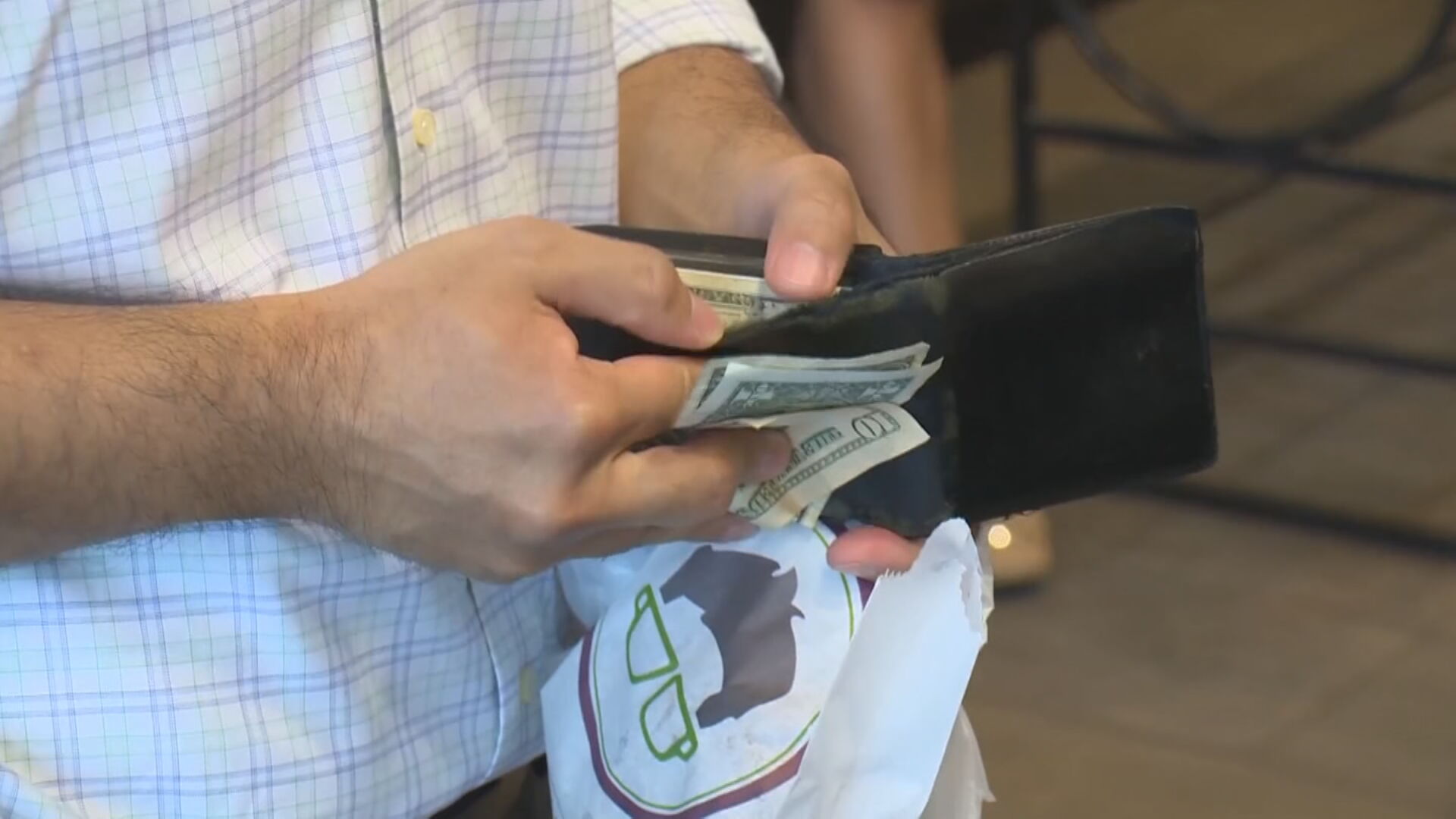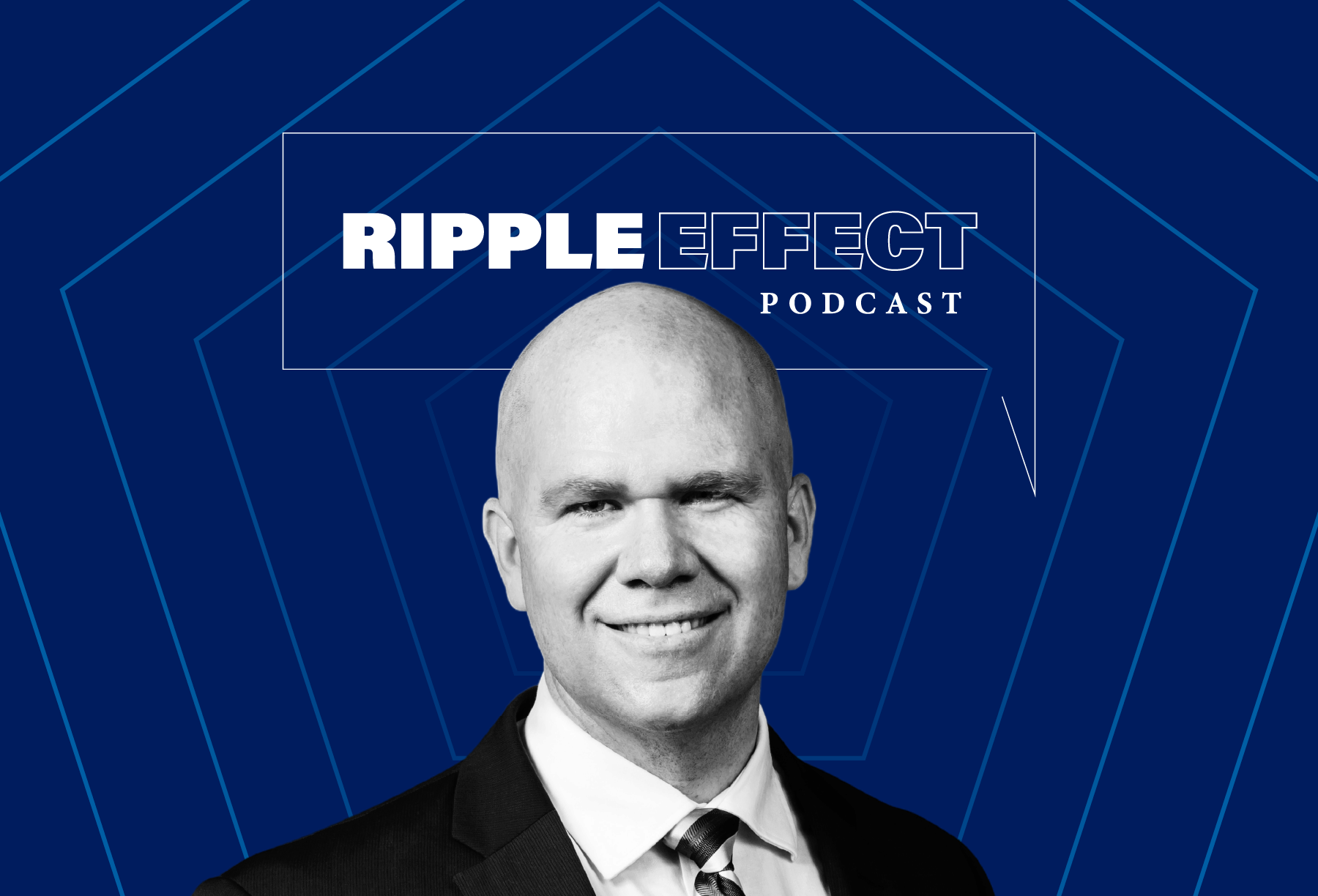As inflation and economic uncertainty continue to impact American households, many are searching for ways to regain financial control. Personal finance expert Jade Warshaw offers six practical steps to help individuals manage their money more effectively and pay off debt. With high prices affecting everyday expenses, Warshaw emphasizes the importance of focusing on what can be controlled, starting with debt elimination.
Reclaiming Income by Eliminating Debt
Jade Warshaw, author of ‘Money’s Not a Math Problem,’ stresses the importance of reclaiming income by focusing on paying off debt. While individuals cannot change macroeconomic factors like tariffs or inflation, they can take steps to regain financial stability. Warshaw argues that by prioritizing debt repayment, individuals can stop giving away their income to monthly payments and instead put more money back in their pockets.
Mastering Meal Planning
One of the biggest threats to a household budget is escalating food costs. Warshaw compares meal planning to a financial blueprint for the kitchen. By implementing a well-thought-out meal plan, families can maximize the value of each dollar and ingredient, especially when grocery prices are high. This approach allows for more control over food expenses and helps prevent unnecessary spending.
The Power of Sticking to the List
Once a meal plan is established, sticking to a shopping list becomes crucial. Warshaw highlights the power of having a list when shopping, as it helps individuals adhere to their budget. Impulse purchases, whether in-store or online, can quickly derail financial goals. By maintaining discipline and sticking to the list, individuals can avoid unnecessary expenses and stay on track with their financial objectives.
Creating Extra Income
Warshaw and her husband successfully paid off $460,000 in debt by budgeting and identifying new income streams, a strategy she now recommends to others. She encourages creativity in finding ways to generate extra income, whether through side hustles or long-term job shifts. For instance, instead of ordering food delivery, individuals could consider driving for a delivery service to earn additional income.
Selling to Gain Momentum
Downsizing and selling unused items can provide a financial boost and help jump-start debt payoff goals. According to Warshaw, many people overlook the potential value of items they no longer use. By selling these items, individuals can generate significant funds that can be directed towards debt repayment. Now is the time to make sacrifices and sell unused possessions to achieve long-term financial success.
Implementing a Spending Freeze
Warshaw advocates for a temporary spending freeze, focusing only on essential expenses, or what she calls the ‘four walls’: housing, transportation, utilities, and food. This approach helps individuals identify non-essential budget items and reduce unnecessary spending. A spending freeze allows for a clearer focus on financial priorities and can lead to substantial savings over time.
Mind Over Money
At the heart of Warshaw’s approach is the belief that true financial freedom begins with changing the way people think about money. She argues that emotional and psychological barriers often hinder financial progress. By addressing these beliefs and emotions, individuals can take control of their finances and move towards a more stable financial future.
For those interested in exploring more of Warshaw’s insights, her podcast and book are available on major streaming platforms and bookstores.
Note: This article is inspired by content from https://www.newson6.com/story/68372730b89c1ceade24e1b8/tips-to-beating-debt-dave-davis-jade-warshaw. It has been rephrased for originality. Images are credited to the original source.







